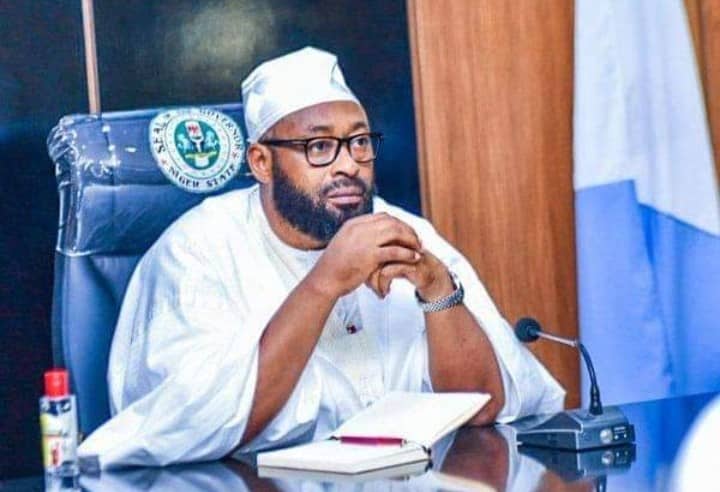Governor Umaru Bago of Niger State has expressed readiness to implement the ₦70,000 minimum wage, provided that sufficient resources are available. He made this statement on Wednesday during an interview with journalists after inaugurating the 2024 quadrennial state delegate conference of the Medical and Health Workers Union of Nigeria (MHWUN) in Minna.
Governor Bago clarified that the state government is awaiting the implementation of the wage increase at the national level. “The issue of minimum wage is a done deal. Once the funds are available, we will not hesitate to implement it in Niger State,” he assured.
Additionally, the governor revealed that the backlog of salaries owed to health workers has been cleared. He also highlighted the ongoing renovation of 100 healthcare facilities aimed at creating a more conducive working environment for medical professionals in the state. Bago emphasized his administration’s commitment to healthcare by noting the consistent payment of counterpart funds and the establishment of the Ministry for Primary Healthcare Development to focus on the welfare of health workers.
Acknowledging the cooperation between union leaders and the state government, Bago called for continued collaboration. He acknowledged that while workers have the right to demand their entitlements, they should also consider the efforts being made by the government to enhance their welfare. He urged the incoming executives of MHWUN to prioritize the interests of their members.
MHWUN Chairman for Niger State, Abdullahi Erena, used the occasion to reflect on the challenges faced by the union over the past four years, including the global pandemic, economic instability, healthcare demands, and security concerns. Despite these obstacles, he praised the union’s commitment to delivering healthcare services.
Meanwhile, Kabir Sani, the national president of MHWUN, voiced strong opposition to the recent increase in fuel prices, urging the government to reverse the decision. He affirmed the union’s support for any lawful action taken by organized labor to protect Nigerian workers from further economic hardship.
Idris Lafene, chairman of the Nigeria Labour Congress (NLC) in Niger, echoed these concerns, calling for unity among labor unions. He condemned the recent hike in fuel prices and electricity tariffs, describing them as an additional burden on Nigerians already grappling with economic challenges.
